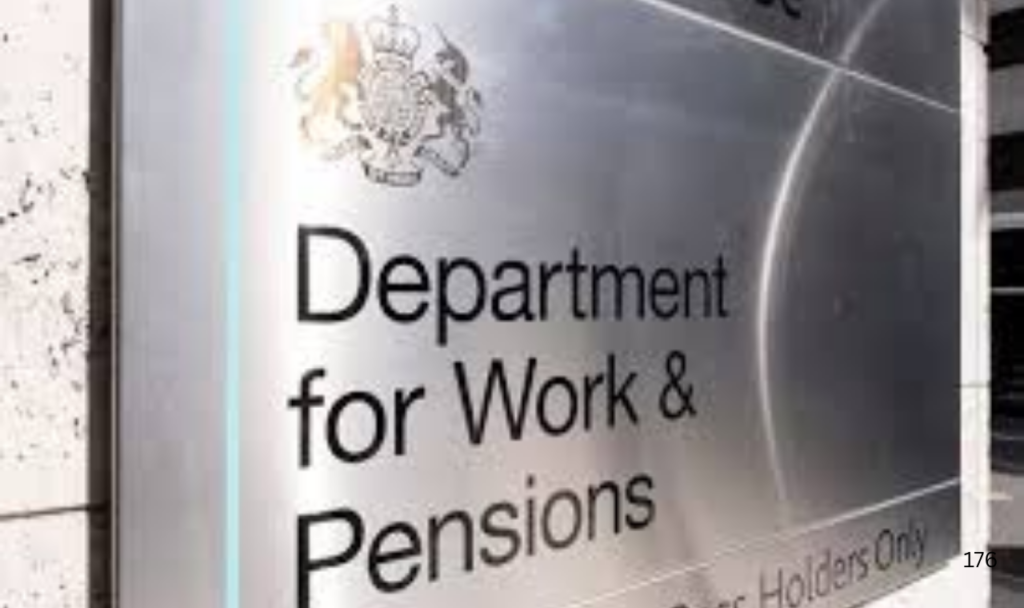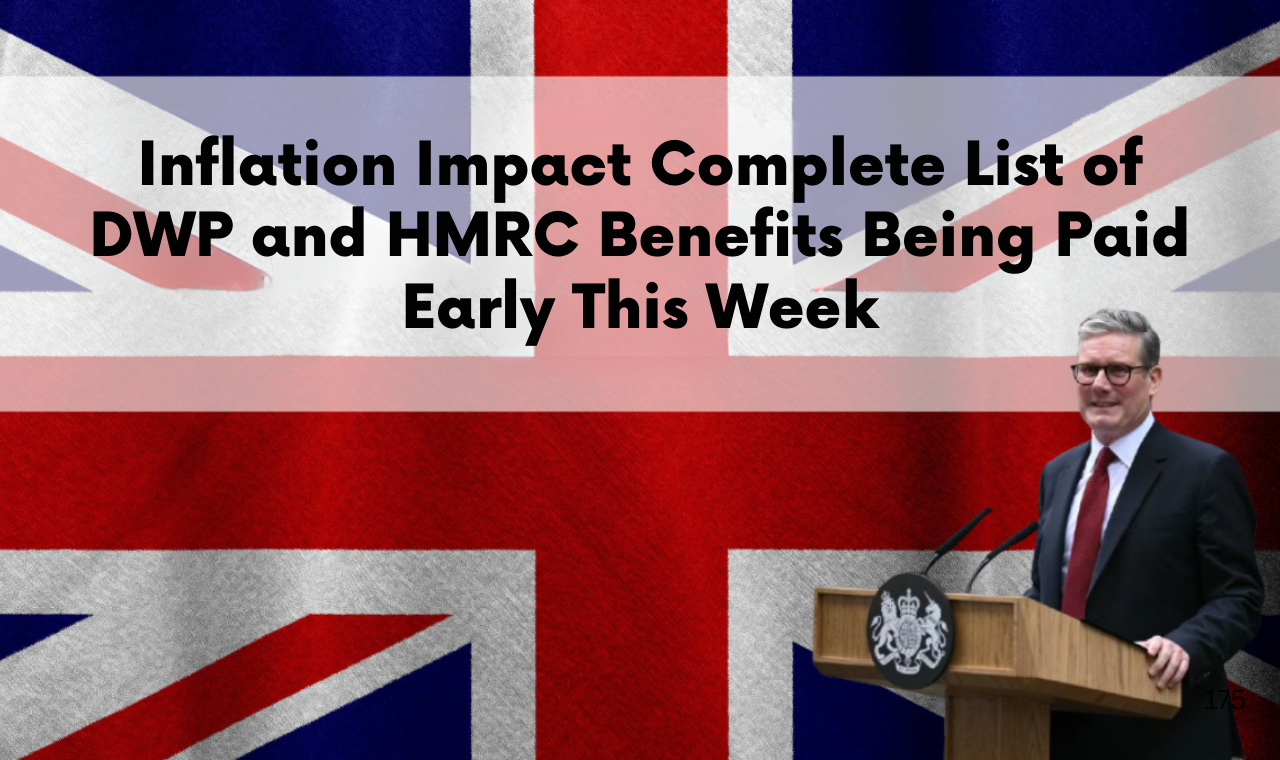Millions of people across the UK who receive benefits from the Department for Work and Pensions (DWP) and HM Revenue & Customs (HMRC) are being paid early this week, as part of the government’s adjustments for the Easter bank holidays. The shift comes amid continued cost-of-living pressures and inflation-driven changes to state support.
Here’s what you need to know about the early payment schedule, which benefits are affected, and recent inflation-linked increases to key government payments.
Early Benefit Payments Ahead of Easter Bank Holidays
Due to the Good Friday (April 18) and Easter Monday (April 21) bank holidays, the DWP and HMRC are moving forward payment dates for a wide range of benefits.
Claimants who were due to receive their benefits on either April 18 or April 21 will now be paid on Thursday, April 17, 2025. This is a standard practice around bank holidays to ensure people do not face delays in receiving financial support.
Importantly, recipients do not need to take any action early payments will be processed automatically by the DWP and HMRC.
Full List of Benefits Paid Early
The early payment schedule affects both DWP and HMRC-administered benefits. Here is the full list of payments that may arrive earlier than usual:
- Universal Credit
- State Pension
- Personal Independence Payment (PIP)
- Carer’s Allowance
- Income Support
- Employment and Support Allowance (ESA)
- Jobseeker’s Allowance (JSA)
- Pension Credit
- Attendance Allowance
- Child Benefit
- Guardian’s Allowance
These changes apply only to people who were due to receive payments on April 18 or 21. If your usual payment date falls outside of those two days, your payment schedule remains unaffected.
More details can be found on the DWP and HMRC websites.
Budgeting Caution Urged
While early payments can be helpful for households preparing for the Easter weekend, financial experts and the government alike are advising people to budget carefully. Receiving money earlier could mean a longer gap until the next scheduled payment.
If you are unsure about when your next payment is due, you can check by logging into your Universal Credit account or contacting your benefit office directly.

Inflation-Linked Benefit Increases Now in Effect
In addition to the early payments, the UK government has implemented its annual uprating of benefits to reflect inflation, helping to ease the financial burden for millions of claimants.
As of April 7, 2025, the following increases took effect:
State Pension
The full basic State Pension has increased from £169.50 to £176.45 per week, and the full new State Pension has risen from £221.20 to £230.25 per week.
This 4.1% increase is part of the government’s commitment to the Triple Lock, ensuring pensions rise each year by the highest of earnings growth, inflation, or 2.5%.
Working-Age Benefits and Universal Credit
Most working-age benefits, including Universal Credit, have increased by 1.7%, based on the inflation rate recorded in September 2024.
This affects both the standard allowance and additional elements such as housing support and child components. For a full breakdown, visit the Universal Credit rates.
Pension Credit
The minimum guarantee element of Pension Credit has gone up by 4.1%, with the new rates as follows:
- Single pensioner: increased from £218.15 to £227.10 per week
- Pensioner couple: increased from £332.95 to £346.60 per week
Further information is available on the Pension Credit guide.
Why These Changes Matter
These early payments and inflation adjustments come at a time when many households are still grappling with high utility bills, grocery prices, and housing costs.
The government says these increases are aimed at helping the most vulnerable cope with ongoing economic pressures. Minister for Social Security, [Insert Minister Name], recently stated: “These updates ensure that benefits keep pace with inflation and continue to provide vital support to those who need it most.”
What to Do If Your Payment Is Late
While most payments are expected to arrive without issue, delays can happen. If your payment has not arrived by Friday, April 18, and you were expecting it early, you should:
- Check your bank account and verify the payment date.
- Contact your benefit office through the DWP contact directory.
- If you receive Child Benefit or Tax Credits, call HMRC directly or visit HMRC contact details.
Final Thoughts
While early payments offer short-term flexibility, they also require careful financial planning, especially when paired with a longer-than-usual wait for the next benefit cycle. The recent benefit increases provide some relief, but many advocates say more systemic reforms are needed to address the cost-of-living crisis in the UK.
For full guidance and future updates, regularly check the GOV.UK website.

Pankaj Kumar is a skilled content writer at OTE News, focusing on breaking news, technology, and socio-political developments. With a background in Mass Communication, he brings a balanced perspective to his articles, ensuring clarity and reliability. Pankaj has a knack for simplifying complex topics for readers.
In his free time, he enjoys photography, traveling, and experimenting with new cuisines. His curiosity and dedication to truthful reporting make him a valuable contributor to OTE News.




